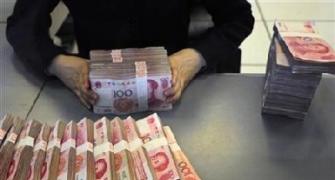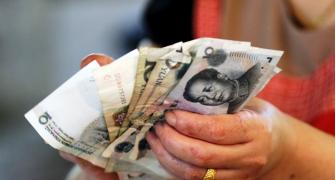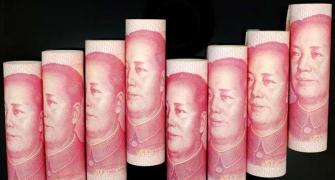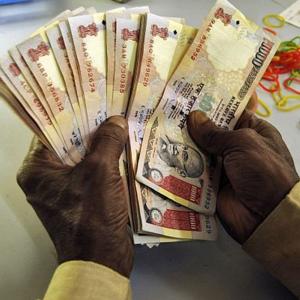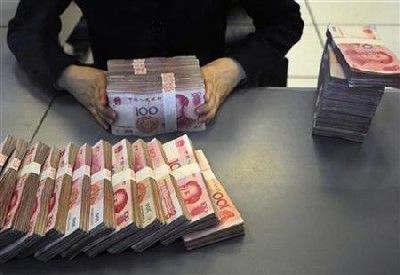
Policy makers in India looking to take advantage of the crisis in China may be in for disappointment, if arguments put for -- ward by Andrew Freris, chief executive officer of Econosis Advisory, a Hong Kong-based advisory firm, prove true.
He says India should rather concentrate on market reforms, infrastructure investments and a substantial revamp of elementary education.
These reforms, particularly in elementary education, may not have an immediate impact, but will take years to yield results, he cautions.
Freris argues 'there is nothing specific here that could benefit India in terms of pol-icy specifically designed to take advantage of China’s problems'.
He argues that foreigners cannot be attracted to Indian equity markets because of the poor state of the Chinese market.
"Foreign investors will buy Indian paper on the basis of its valuation and on the basis of macroeconomic expectations, and not because China is having a crisis,” he says.
The recent devaluation of the yuan sent shock waves through global markets. Analysts contend that China is devaluing its currency to improve its export competitiveness.
This move, many argue, will have far-reaching ramifications for countries like India.
However, devaluation will have a limited impact on India's export competitiveness because of the little overlap between the countries.
The impact of a devaluation will be modest on India’s exports says Freris.
“Opportunities for India to benefit from, or be harmed by the current woes of China’s equity market, are very limited,” he says in a research note.
This is because of two reasons.
First, India and China have little export product overlap and second the yuan devaluation is too small to make a significant difference.
The author argues the 'recent devaluation has been massively misinterpreted as an effort to make Chinese exports more competitive'.
The larger issue that he raises is “how Indian exports may compete more effectively forgetting this minor 3 per cent adjustment in the exchange rate”.
Even if the exchange rate was to change in favour of India, Freris says 'it would not make India more competitive vis-à-vis China simply because of the lack of product overlaps'.
He says petroleum products and jewellery account for roughly 30 per cent of India’s exports.
In contrast, over 40 per cent of China’s exports are mechanical and electronic goods.
Further, unlike India, where agricultural products account for 10 per cent of exports, China exports little or no agricultural produce.
This lack of product overlap reduces potential gains or losses on account of fluctuations in the value of the yuan.
Surprisingly though, he discounts sectors such as machinery, metal products, fabrics, textiles, electronics and plastics, arguing these are 'subsidiary areas for both economies compared to the main export sectors'.
He argues “India’s growth benefits infinitely more by policies of market liberalisation, infrastructure investment, and a massive overhaul of elementary education. None of these policies’ suggestions will have an immediate impact on growth.
"Indeed one should talk of decades rather than years, especially over education policy”.
On the underlying fundamentals of the Chinese economy, Freris argues the country will not face a severe crisis but is rather going through a cyclical downturn.
This view has been challenged by several analysts, many of whom argue that actual growth is much lower than official estimates.


